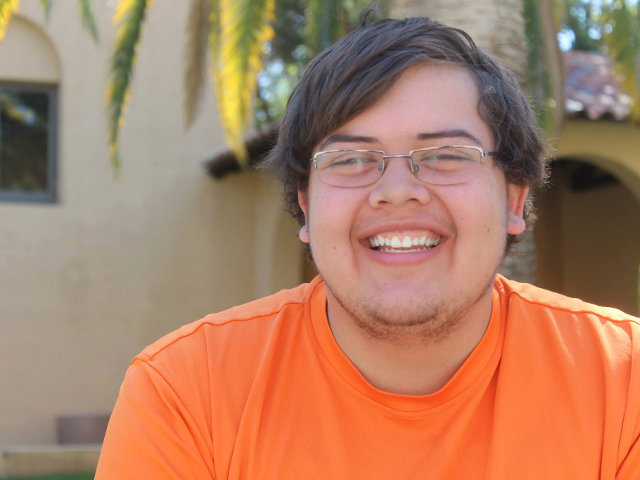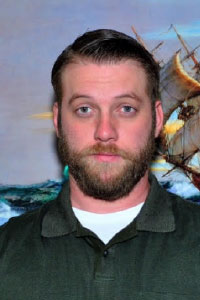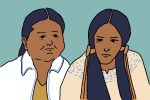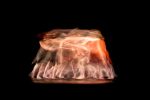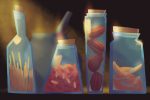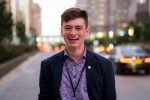A Native Healer
Unsatisfied with Western medicine’s lack of a spiritual component, Leo John Bird has decided to combine the best of both traditions.
By Galen Patterson, California State University, Fullerton
Leo John Bird, a member of the AmskapiiPiikanii tribe, is known to his community as Piitahsoowatsis.
A senior at Stanford University in California, Bird is majoring in Comparative Studies in Race and Ethnicity and Native American Studies. He comes from a culture that stresses family and equality, and it impacts his life as well as his aspirations.
What makes Bird unique is his plan. He set out to become a physician, but he changed his path to incorporate more into the profession. He plans to continue with medical school after meeting the prerequisites of Biological Science and completing his undergraduate work, but he has no intention of being a standard doctor.
An Untraditional Interest
Bird comes from a reservation in northwestern Montana. There, in seventh grade, he realized that he was going to be a doctor, because he recognized a need in people to feel healthy, which, according to Bird, encompasses more than physical healing; it also contains a mental component.
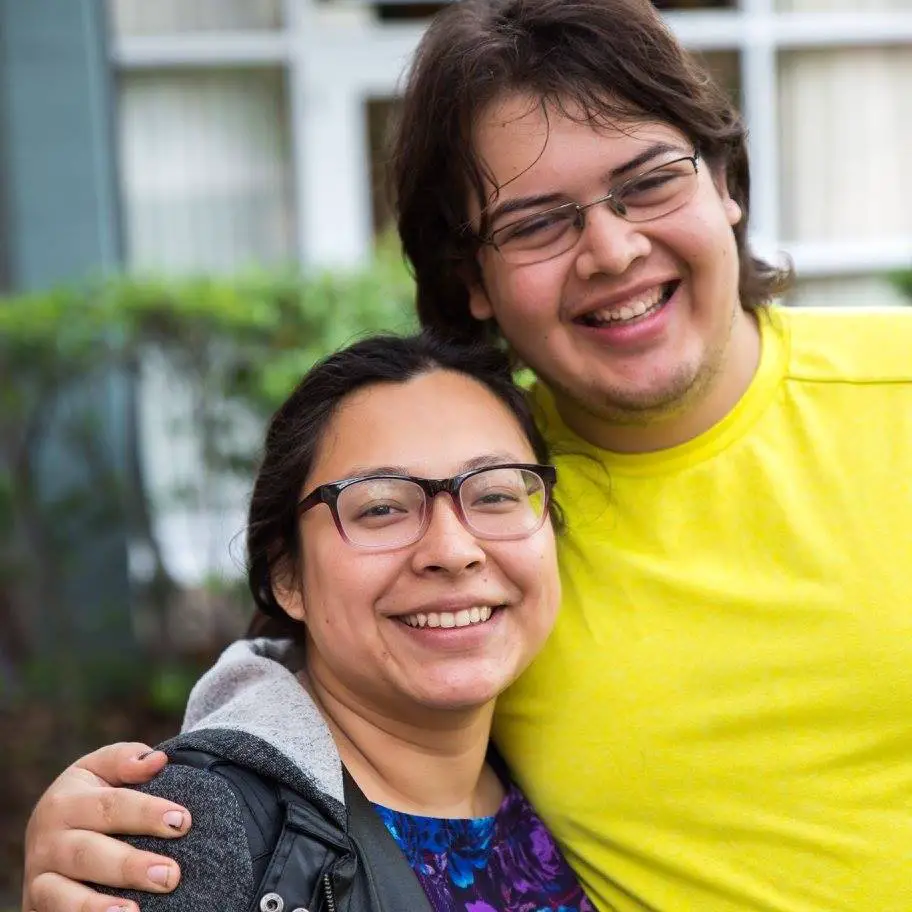
Bird worked hard in high school and was accepted to Stanford. There, during his pre-med courses, he found the material to be tougher than he expected, and he was not forming meaningful relationships with the professors. Bird says the path he was taking did not engage his mind enough, so he decided to change his academic trajectory.
During his sophomore year, he noticed that many of his fellow students of color had similar issues regarding success in the Stanford environment. He also looked forward to his studies in comparative race more so than his biology courses, so he began taking more classes on his new area of interest, including one pivotal class in his life, a course on decolonization.
Fighting Decolonization
From Bird’s eyes, North America has been colonized to the core. Stanford University sits on land previously inhabited by local Native American tribes. The tribes were forcibly assimilated by a notorious missionary, Father Junipero Serra, in the 18th century.
Serra is credited with developing the California Mission System, which placed Spanish monasteries along the coastline and was responsible for assimilating the native populations. Disease and brutal tactics have earned this system the nickname of “genocide.” “The history of the United States is founded on the genocide of indigenous people,” says Bird.
The Stanford student has worked to rename some of the buildings on the campus that were inappropriately named after the controversial figure, who personally oversaw the assimilation of the Stanford area. “A lot of people just don’t know about these issues,” Bird says.
Colonization in North America reaches further than university building names. Bird’s tribe in Montana is plagued with various health conditions stemming from western culture and medicine. Illnesses such as hypertension, diabetes and tuberculosis exist in high rates in the area where Bird is from. He believes that this is largely due to a lack of understanding between native healthcare providers and the cultural communities.
Plans for the Future
Bird graduates this semester and he plans to return to Montana to finish his med school prerequisites before applying to medical school at the University of Washington (UW). In addition to being the closest medical school to his reservation, UW’s medical program is highly regarded and offers what Bird craves—rural medicine. “That’s something that really interests me, because I will be working in my home community, which is very rural,” says Bird.
When Bird accomplishes his dream of becoming a physician, he plans to serve his community in northwestern Montana and perpetuate his culture and method of healing.
Beyond Physical Healing
According to Bird, Native Americans have unexpectedly bad health. Part of this, he believes, is because of their reliance on Western medicine. “My people have a need for someone like me, who is treating them in a way that is also culturally responsible,” he says. “I’ve studied indigenous medicine my whole life.”
Bird says that when he was a child, his brother became severely ill. His parents took him to the nearest hospital, where the illness was misdiagnosed. When the Western antibiotics failed to provide any help, Bird’s father took matters into his own hands and treated his son with a local plant. Within a week, Bird says his brother’s condition had greatly improved and he eventually recovered.
Bird’s method of healing combines physical healing with spiritual and herbal components. He believes in herbal healing that predates vaccines, such as yarrow, the North American plant that cured his brother and has several reported healing properties.
The spiritual component involves connecting with patients and helping them mentally overcome their illness, while the body heals the physical damage. Bird believes that depression and other mental deficiencies inhibit healing. “I understand that to be a spiritual affliction,” he says.
The spiritual component of healing often involves forming personal relationships with patients. “People in the world want to have some sort of personal relationship with the people who are helping them get through whatever ailments they are going through,” says Bird. He thinks the patient-healer relationship severely impacts the way people heal. “From an indigenous perspective, healing has always been a part of the spirit,” says Bird.
A Different Wealth
Bird says that money is nearly a foreign concept to many Native Americans, and that many of his tribesmen place value in objects other than money. “You are seen as wealthy if you have a very large family,” he says, which is good for Bird, as he comes from a big family in which both of his parents have several siblings.
To Bird’s tribe, wealth is love and protection. He grew up believing he was rich, even when confronted with financial measurements of societal wealth. Bird is not healing for the promise of fortune. Instead, he aims to heal others through decolonization and a mixture of indigenous and Western medical care. He aspires not to gain massive paychecks, but to impact his home in a positive way and to heal the ailments of an assimilated culture.


